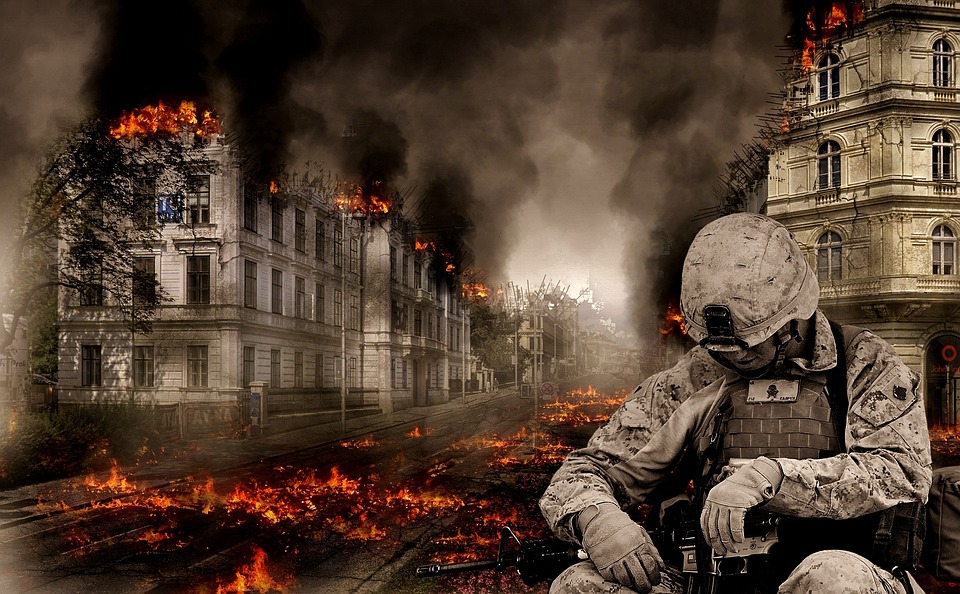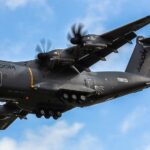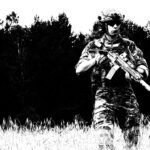Humanitarian Assistance and Disaster Relief: The Military’s Role in Global Crises
Humanitarian assistance and disaster relief (HADR) missions are crucial in providing aid to populations affected by natural disasters, conflicts, and other crises around the world. These missions often require a swift and coordinated response from international organizations, governments, and non-governmental organizations. The military plays a key role in these efforts, providing logistical support, transportation, security, and other critical functions to assist in the delivery of aid to those in need.
The Importance of HADR Missions
When a natural disaster strikes or a conflict erupts, the immediate priority is to provide emergency assistance to those affected. This can include food, water, shelter, medical care, and other essential supplies. The military is often called upon to provide the necessary resources and expertise to quickly and efficiently respond to these crises.
One of the key advantages of using the military in HADR missions is their ability to deploy quickly and operate in challenging environments. Military personnel are trained to work in high-risk situations and can often access areas that are difficult for civilian organizations to reach. This enables them to provide assistance to those in need in a timely manner, potentially saving many lives.
The Role of the Military in HADR Missions
When a disaster strikes, military forces can provide a range of critical services to support relief efforts. This includes:
- Transportation of personnel and supplies
- Medical evacuation and treatment
- Security and protection for aid workers and affected populations
- Search and rescue operations
- Clearing debris and restoring infrastructure
These activities are essential in ensuring that aid reaches those in need effectively and efficiently. Military forces are often the only organizations with the capacity and resources to perform these tasks, making their role in HADR missions indispensable.
Challenges Faced by Military Forces in HADR Missions
Despite their critical role in HADR missions, military forces also face a number of challenges when responding to global crises. These can include:
- Lack of coordination among different agencies and organizations
- Political and logistical obstacles to accessing affected areas
- Limited resources and funding for HADR missions
- Security risks for military personnel operating in conflict zones
Overcoming these challenges requires strong leadership, effective communication, and cooperation among all stakeholders involved in the relief efforts. By working together, the military and other organizations can better coordinate their efforts and maximize the impact of their interventions.
Examples of Military Involvement in HADR Missions
Throughout history, the military has played a crucial role in responding to global crises and providing aid to those in need. Some notable examples include:
- The US military’s response to Hurricane Katrina in 2005, where thousands of troops were deployed to assist in search and rescue operations, provide medical care, and deliver humanitarian aid to the affected populations
- The United Nations Peacekeeping Forces, which have provided critical support in conflict zones around the world, including protecting civilians, facilitating peace negotiations, and delivering emergency assistance
- The NATO-led mission in Afghanistan, where military forces have worked to rebuild infrastructure, support development projects, and provide security for humanitarian organizations operating in the region
These examples demonstrate the diverse ways in which the military can contribute to HADR missions and help alleviate the suffering of populations affected by crises.
Conclusion
In conclusion, the military plays a critical role in humanitarian assistance and disaster relief missions around the world. Their ability to deploy quickly, operate in challenging environments, and provide essential services makes them indispensable partners in responding to global crises. While they face a number of challenges in carrying out these missions, effective coordination and cooperation among all stakeholders can help overcome these obstacles and ensure the successful delivery of aid to those in need.
By recognizing the important role of the military in HADR missions and working together to leverage their expertise and resources, we can better respond to emergencies, save lives, and build more resilient communities in the face of future disasters.


